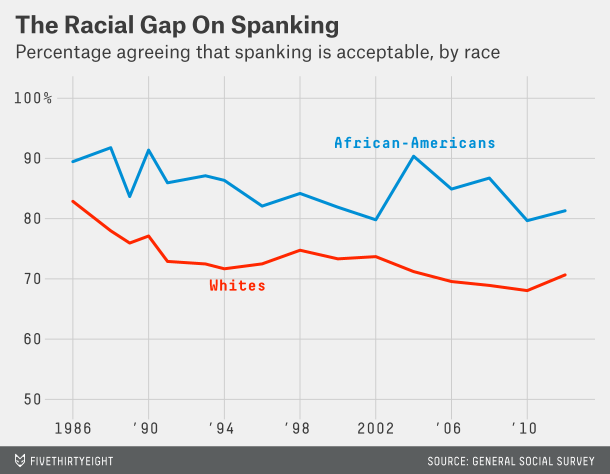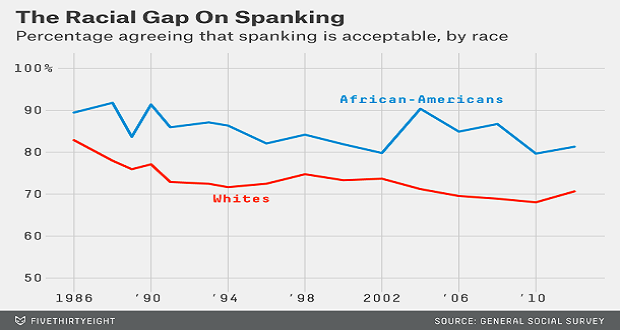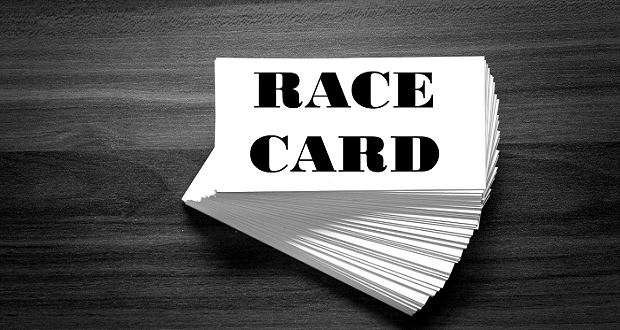
The Adrian Peterson furor brings to fore for me a popular topic of conversation among my African American friends… how we were disciplined as children. We sit around recalling stories of how our parents would use tree branches or “switches” to punish us for our childish wrong doings. We laugh about the incidents, each one trying to outdo the other with tales of how our parents would even make us go out and get the branch… “and it better not be a little one or one that is too soft”, is what I remember my mother saying to me. My friends and I seem never to tire of recalling this type of punishment and agreeing that it did us some good! That was the 60’s!
Fast forward to the 70’s and 80’s, the era in which I raised two children. It was a different time with different theories about how to raise and discipline children. By that time Dr. Spock’s philosophies had taken root. When Dr. Spock’s book Baby and Child Care was published in 1946, its simple core message was revolutionary and contradictory to the long held belief of “spare the rod, spoil the child”. Dr. Spock said just the opposite, show children lots of love and discipline with words not corporal punishment.
My husband and I never used “switches”, we did not spank our children (well maybe once or twice, they might remember. I don’t but it certainly would have been an exception not the rule as it was with my parents). We embraced the more modern approaches to child rearing as did most of my friends.
Research by Ismail Nooraddini of the University of Maryland Baltimore County found that attitudes towards spanking were correlated with class for Whites (the higher up the socio economic scale the less likely you were to agree with spanking), however no such correlation was found for Blacks. Blacks in general tend to more often agree that spanking is appropriate than Whites. The University of Chicago’s General Social Survey found that blacks, born-again Christians and Republicans were most likely to favor spanking children, though overall public support of the practice is on the decline. In addition, Southerners were more likely to agree with spanking than Northerners.

Adrian Peterson said: “Regardless of what others think, however, I love my son very much and I will continue to try to become a better father and person. Peterson said that he didn’t mean to harm his son… that the punishment he delivered was no different than anything he received as a child.
Charles Barkley commented: “Whipping, we do that all the time. Every Black parent in the South is going to be in jail under those circumstances.”
Attitudes have drastically changed about the appropriateness of hitting a child as a form of punishment and it seems that Peterson went way too far (leaving bruises and welts).
Adrian Peterson regrets his actions and admits that his father used corporal punishment as a means of discipline.
I am certainly not condoning Peterson’s actions but it is an opportunity for us to step back a moment before we become the judge and the jury to explore the implications with a diversity and cultural lens. This is just another issue where opinions differ along racial and religious lines. A culturally competent approach would be to not look at this situation as absolute right or absolute wrong but to gain better insights into the different worldviews, their historical underpinnings, how cultural norms around spanking were formed and then come to some mutually adaptable frameworks for solutions.
For example, rather than send Peterson to jail, why not enroll him in parenting classes so that he can learn other approaches? It is difficult to change worldviews that have been engrained, especially when they are taught to us by those we love.



















